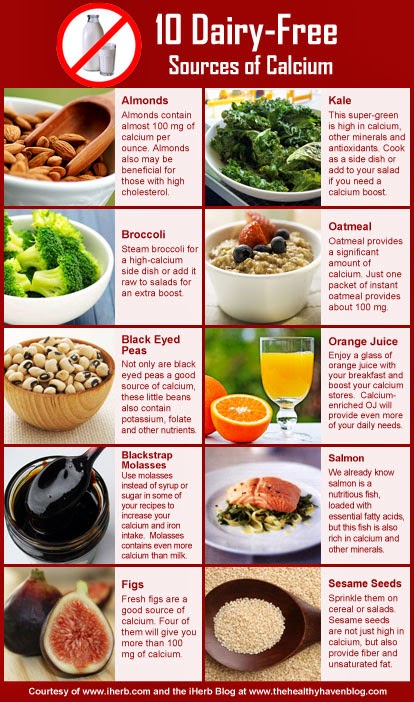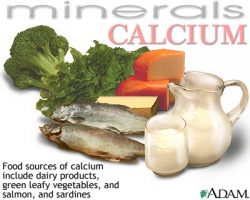Calcium, the most abundant mineral in the body, is found in some foods, added to others, available as a dietary supplement, and present in some medicines (such as antacids). Calcium has many important jobs. The body stores more than 99 percent of its calcium in the bones and teeth to help make and keep them strong. The rest is throughout the body in blood, muscle and the fluid between cells. Your body needs calcium to help muscles and blood vessels contract and expand, to secrete hormones and enzymes and to send messages through the nervous system.
Why do you need Calcium?
Calcium is required for muscle contraction, blood vessel expansion and contraction, secretion of hormones and enzymes, and transmitting impulses throughout the nervous system. The body strives to maintain constant concentrations of calcium in blood, muscle, and intercellular fluids, though less than <1% of total body calcium is needed to support these functions.
The remaining 99% of the body’s supply is stored in the bones and teeth where it supports their structure. Bone itself undergoes continuous remodeling, with constant resorption and deposition of calcium into new bone. The balance between bone resorption and deposition changes with age.
Bone formation exceeds resorption in growing children, whereas in early and middle adulthood both processes are relatively equal. In aging adults, particularly among postmenopausal women, bone breakdown exceeds formation, resulting in bone loss that increases the risk of osteoporosis over time.
It is important to get plenty of calcium in the foods you eat. Foods rich in this mineral include diary products such as milk, cheese and yogurt, and leafy, green vegetables. The exact amount of calcium you need depends on your age and other factors. Growing children and teenagers need more calcium than young adults. Older women need plenty of calcium to prevent osteoporosis. People who do not eat enough high-calcium foods should take a calcium supplement.
Calcium Intake Needs
Intake recommendations for calcium is 210 and 1200 milligrams a day a day depending on age and sex with pregnant and older women needing the most.




